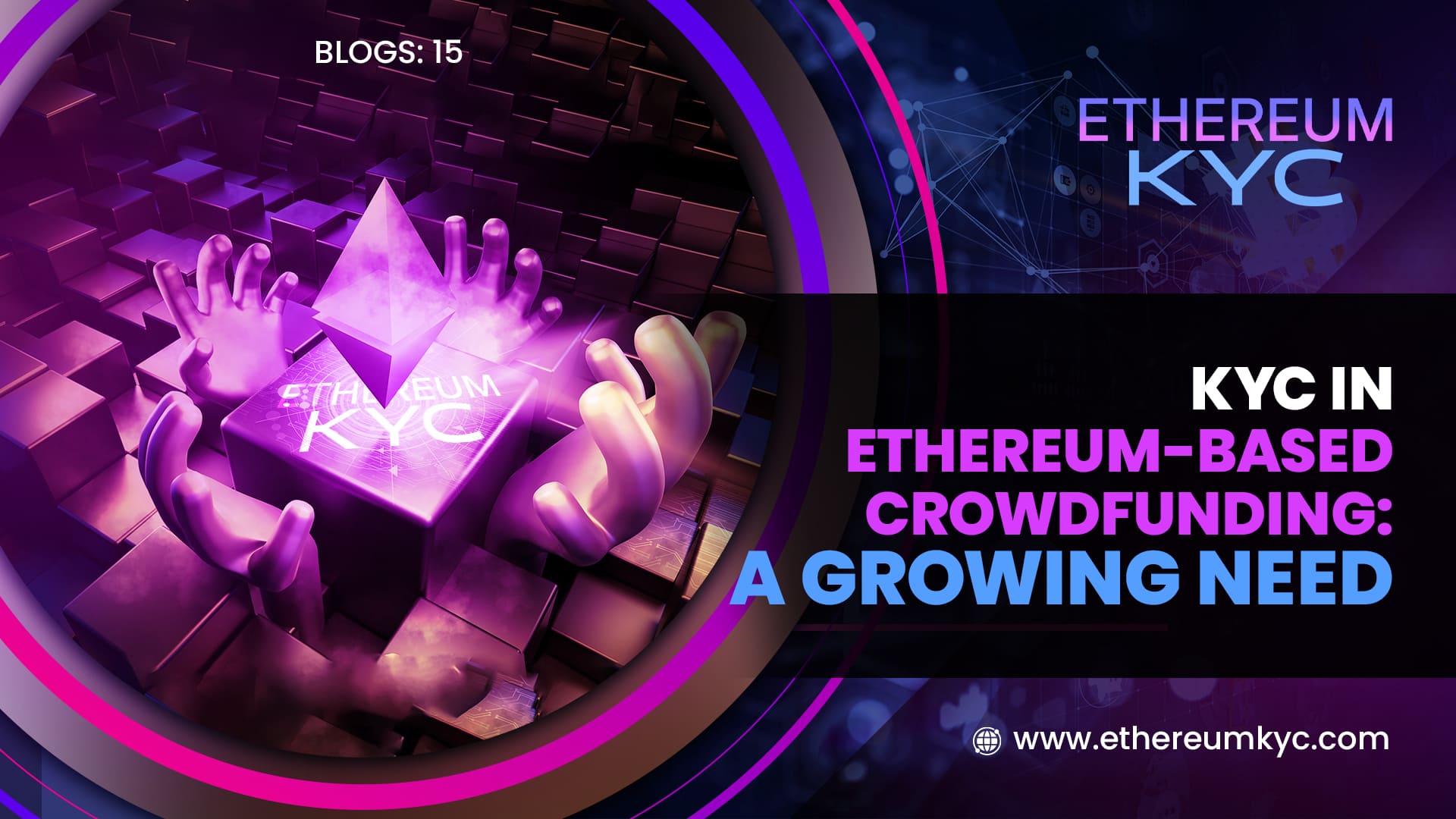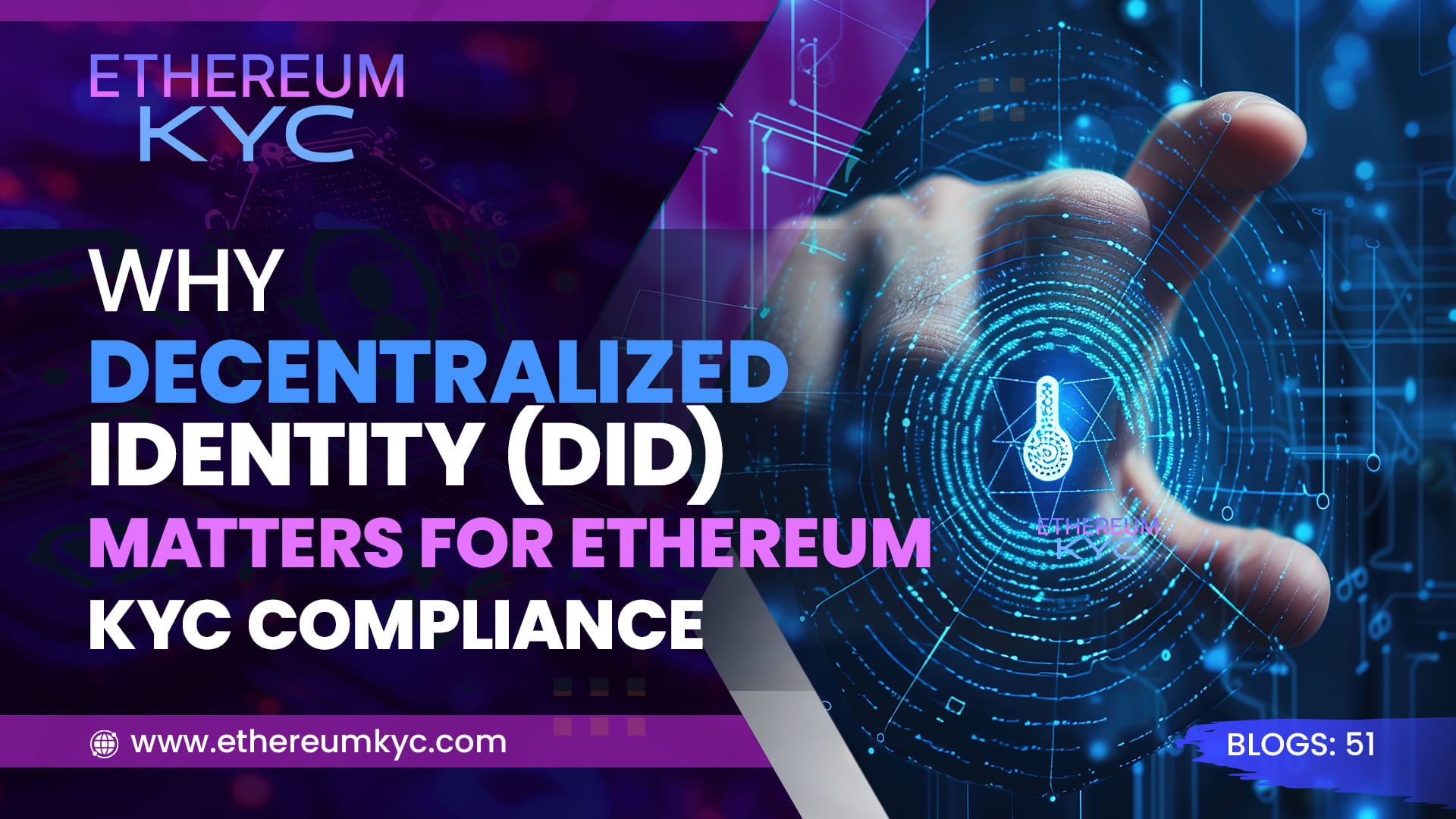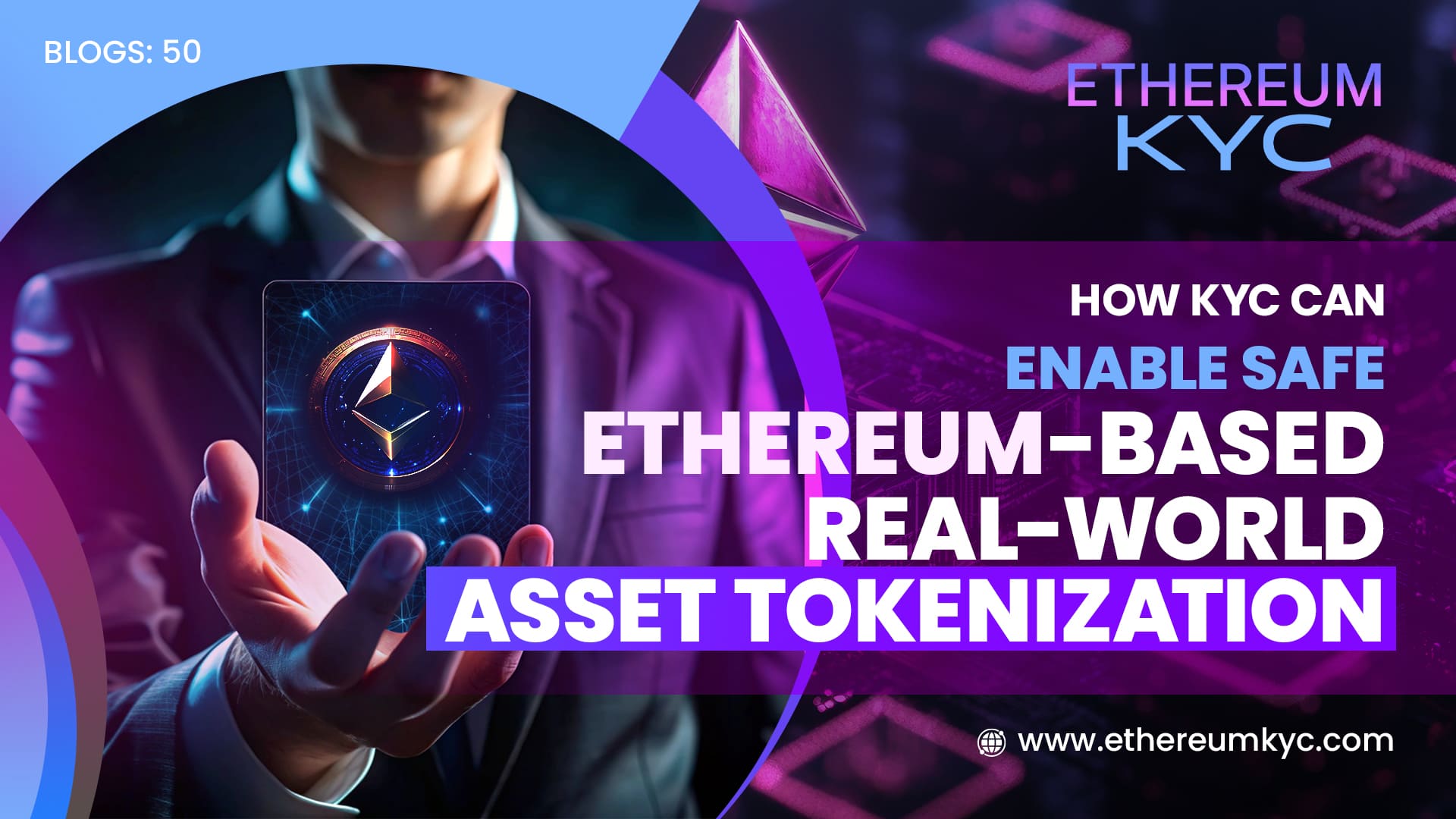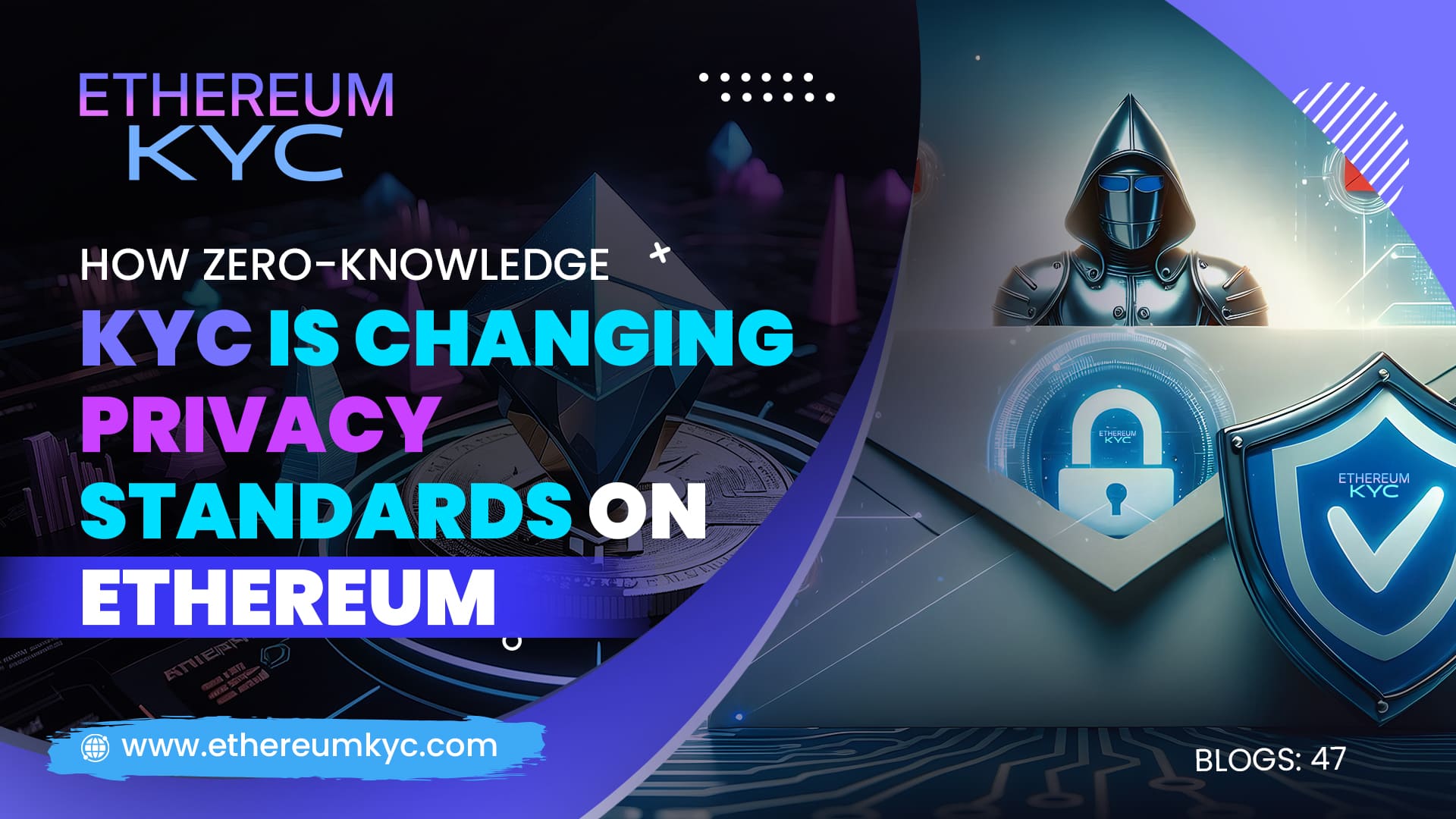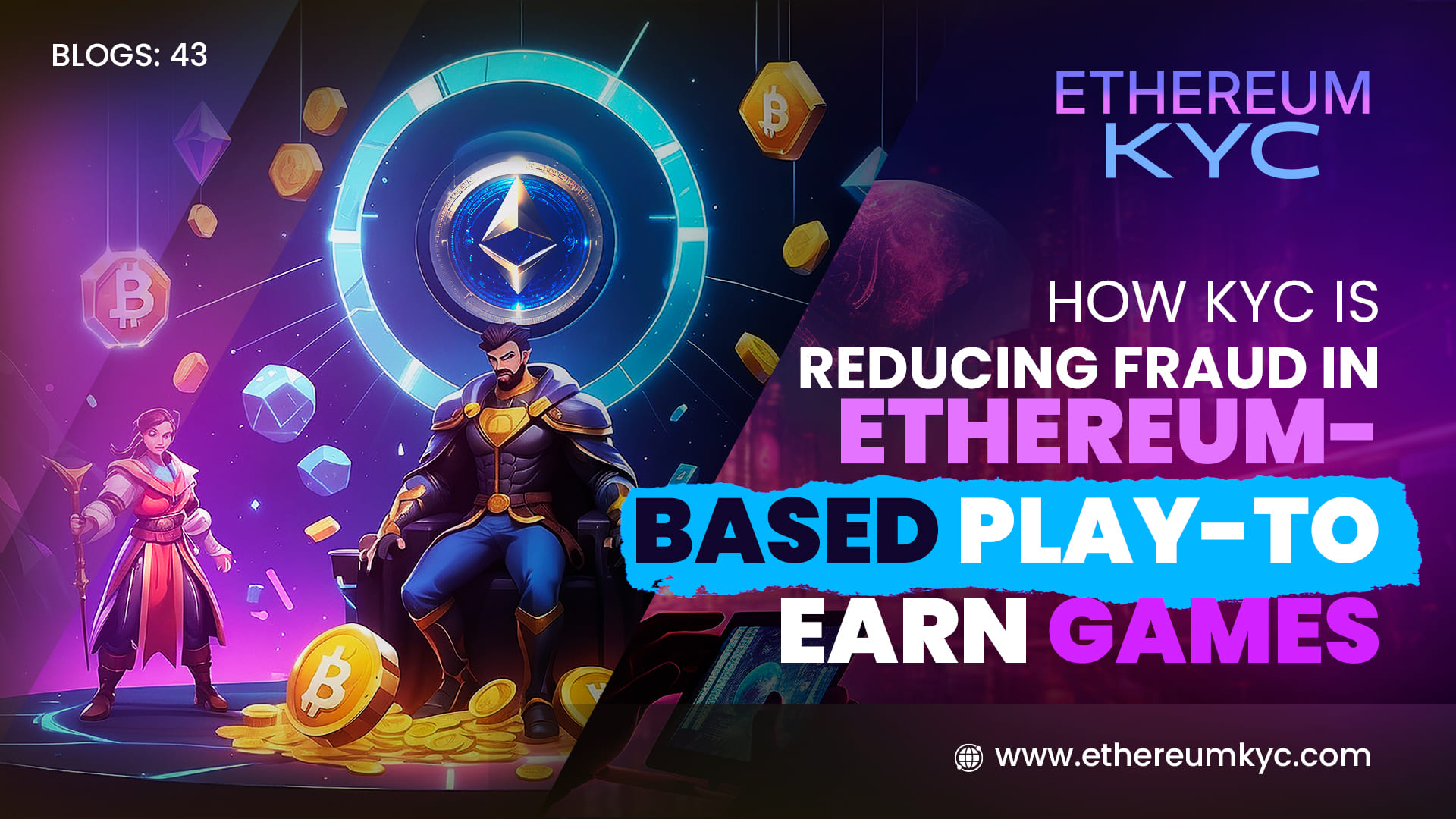November 20, 2024
KYC in Ethereum-Based Crowdfunding: A Growing Need
Ethereum has become a hub for blockchain innovation, particularly in crowdfunding projects through Initial Coin Offerings (ICOs) and token sales. As the popularity of these crowdfunding mechanisms grows, the need for Know Your Customer (KYC) compliance is becoming increasingly vital.
Why KYC Matters in Ethereum Crowdfunding
- Preventing Fraud: KYC processes help verify the identity of project owners and investors, reducing the risk of scams.
- Regulatory Compliance: Many jurisdictions now require KYC for token sales to ensure legality and transparency.
- Building Trust: Investors feel more confident participating in projects with verified participants, fostering trust in the ecosystem.
Challenges Without KYC in Crowdfunding
- Anonymity Risks: Without identity verification, fraudulent actors can exploit the crowdfunding process.
- Regulatory Crackdowns: Projects that bypass KYC requirements risk fines or legal actions.
- Investor Hesitation: Lack of KYC can deter institutional and individual investors concerned about compliance.
How Ethereum Projects Implement KYC
- Partnering with KYC Providers: Many projects collaborate with third-party providers to simplify the verification process.
- On-Chain Verification: Ethereum’s smart contracts can facilitate decentralized identity checks, ensuring data security and privacy.
- Tiered Access: Projects can offer enhanced participation benefits to verified users, incentivizing KYC compliance.
Conclusion
As Ethereum continues to drive innovation in crowdfunding, integrating KYC processes ensures a safer and more transparent ecosystem. By adopting KYC, projects can attract broader investor participation and meet regulatory standards.
